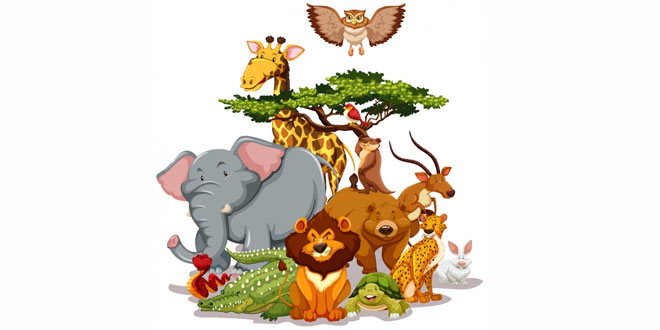Question: What is prevailing winds? How are they formed? How do they effect the temperature of the place?
Answer: Prevailing winds are the planetary winds that are caused by the formation of giant convection cells over the earth. Prevailing winds blow from the hot regions of the earth, like the tropics, to the cold areas of the earth, like the temperate or polar regions, and from the cold areas back to the hotter regions. Winds from warm regions increase the temperature of the cold places they blow into, and winds from cold regions reduce the temperature of the hot places they blow into.
Question: Distinguish between following-
Answer: a) Insolation and terrestrial radiation.
b) Condensation and Precipitation
Question: Write short note on the following:
Answer:
- Solar radiation: The sun radiates heat and light energy. This is called solar radiation. It is the main source of heat and light for us. However, only a very small part (about one is 200million)of the solar radiation is able to reach the earth’s surface.
- Local winds: In many part of the world, winds with special characteristics blow over small areas. These winds blow for a short time such winds are called local winds. Most of them are seasonal and their names are usually derived from the regional languages some local winds are loo, Chinook, Foehn and Harmattan.
- Clouds: Where small drops of water condensation around dust or smoke particles in the air, the mass is called cloud. Clouds move from one place to another ever by light air movement. Depending upon their shape and the height at which they are formed, there are three types of clouds. These are cirrus, cumulus and stratus.
Question: What are the main elements of weather and climate.
Answer: Weather: The main elements of weather are:
- The conditions of the atmosphere at a definite place at a fixed time is called weather.
- It can change many times in a day.
- Weather changes occur over a small region.
Climate: The main elements of climates are:
- The average weather conditions over a long period of time (35-40years)is called climate.
- It remains constant for a long period.
- Climate changes relate to a long region.
 Class Notes NCERT Solutions for CBSE Students
Class Notes NCERT Solutions for CBSE Students



Please tell us the steps to reduce global warming please!